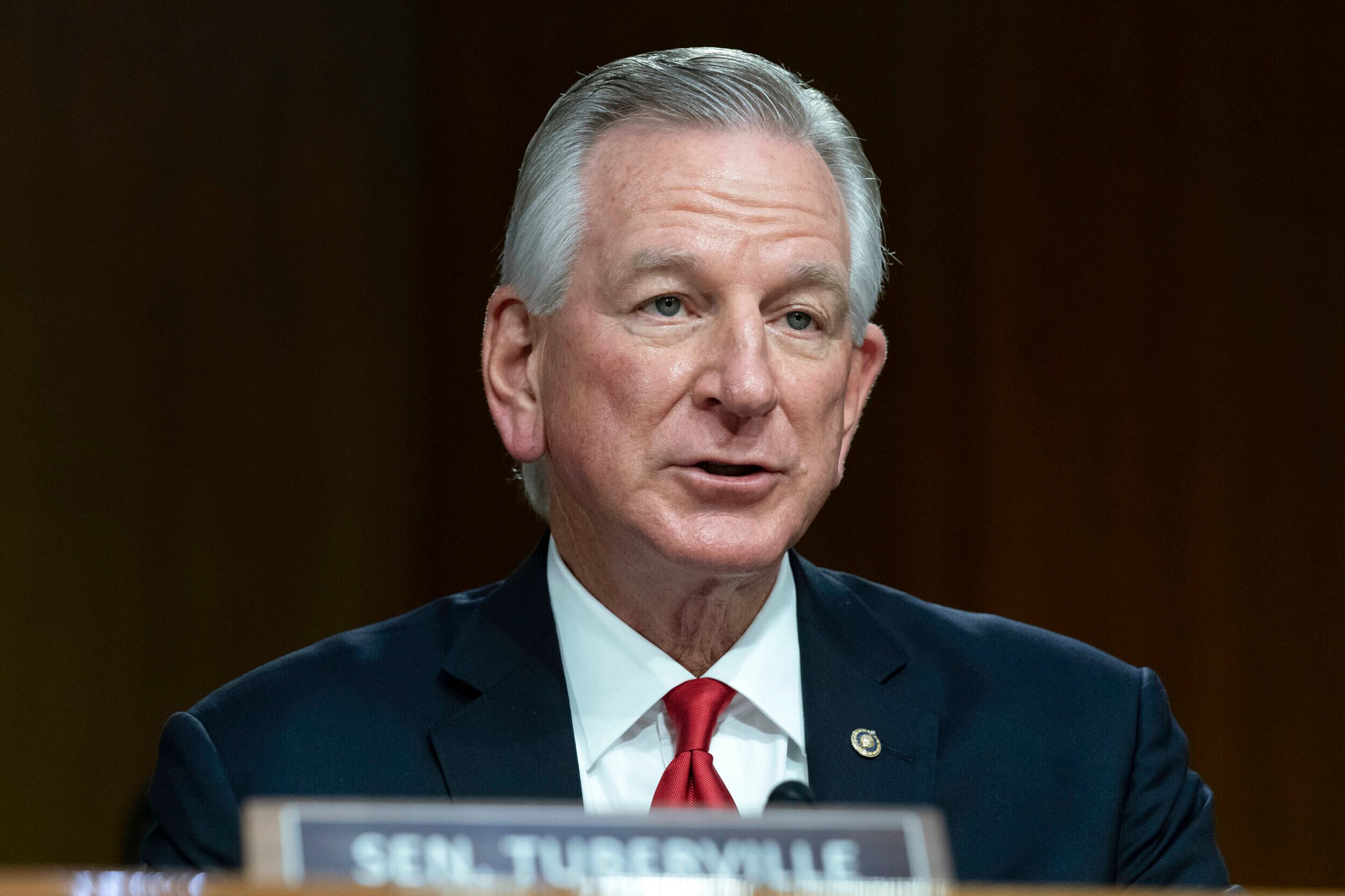On Sunday, Daylight Savings Time ended for most Americans. While some will welcome that extra hour of sleep this week, U.S. Sen. Tommy Tuberville (R-Auburn) seeks to halt making the biannual clock shift, "springing an hour forward" in March and "falling back" an hour in November.
During a floor speech earlier this week, Alabama's senior U.S. Senator touted the proposed Sunshine Protection Act to make Daylight Saving Time permanent.
Remarks as follows:
"Over the past two years, I have received countless calls from all over the state of Alabama to make Daylight Saving Time permanent," Tuberville said. "We're living in the past. Many Alabamians, including parents, senior citizens, farmers, and mental health professionals have called my office in support of more sunshine in the evening. This is probably one of the top issues that I get phone calls about, and we deal with a lot of them. It's amazing how many phone calls that we do get over this one topic. People across America agree that changing our clocks back and forth twice a year really makes no sense. It makes no sense and as I said earlier, people call and say they're just sick of it. The idea of daylight saving was originally known as 'wartime'. That's when it was started. It was first introduced as a temporary measure to save energy during World War I. Many studies have proven that extra sunlight in the evening has benefits of mental health, physical fitness, economic growth, and overall well-being. It's a simple way we could positively impact the day-to-day life of all Americans."
"This bill is also a way to get something done that a lot of people care about. It affects everybody's life in this country," he continued. "Shifting clocks can disrupt sleep patterns. It's kind of like jet lag. We're giving the entire country jet lag twice a year. But a permanent Daylight Saving Time will help Americans maintain a consistent sleep schedule. Studies show that disrupting sleep patterns increases the risk of cardiovascular disease and other diseases. Northwestern Medical School found that the fallback and spring forward comes with a 9% spike in fatal car accidents and a 24% higher risk of heart attacks. The long-term effects of sleep disruption include weight gain, headaches, and depression. The time to switch in the fall increases Seasonal Affective Disorder. One study found that the transition from Daylight Saving Time to Standard Time increases the number of hospital visits of depression by 11%. You would think we would listen to that."
"Permanent Daylight Saving Time with extra sunlight in the evening will also encourage more physical activity," Tuberville added. "Kids will be able to enjoy the outdoors more. Older Americans will be able to increase their Vitamin D. Longer daylight hours in the evening have been proven to stimulate economic activity. People are more likely to shop, dine out, and participate in group activities when the light is outside. But one [more] thing, it really affects our farmers. More sunshine during working hours means more time to work in the fields, which can translate to more profits, which our farmers desperately need. Permanent Daylight Saving Time could help farmers save energy. In my state of Alabama, along with seventeen other states, they've already passed legislation to end [the] outdated practice of changing the clocks, but the federal government must act to allow these state laws to go into effect. So, making Daylight Saving Time permanent would improve our health, bolster our economy, benefit our farmers, and put America on the path to a brighter future. It makes a lot of sense. So, it's time to move America forward and stop falling back."
Jeff Poor is the editor in chief of 1819 News and host of "The Jeff Poor Show," heard Monday-Friday, 9 a.m.-noon on Mobile's FM Talk 106.5. To connect or comment, email jeff.poor@1819News.com or follow him on Twitter @jeff_poor.
Don't miss out! Subscribe to our newsletter and get our top stories every weekday morning.










